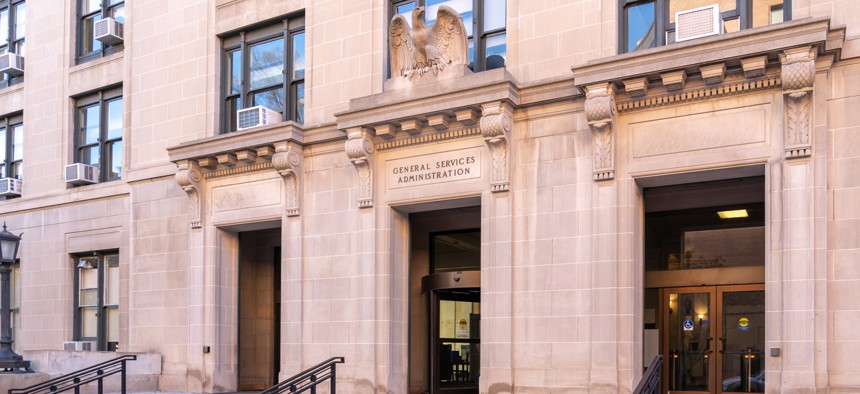GSA’s First Centers of Excellence Customer Touts $50M in Cost Avoidance

JHVEPhoto/istockphoto
After three years, the Agriculture Department launched a cloud office, consolidated contact centers and stood up more than a hundred dashboards.
The Agriculture Department avoided $50 million in costs after three years as the first agency customer of an IT modernization initiative known as the Centers of Excellence, the General Services Administration announced.
Most of the savings—about $42 million—came from closing 31 of Agriculture’s 37 data centers while the agency also avoided spending about $10 million by reducing data analytics duplication.
The Centers of Excellence was first announced in 2017 by then-presidential adviser Jared Kushner and the Office of American Innovation as a program to help agencies with enterprisewide IT modernization efforts. GSA’s Technology Transformation Services works as a consultancy to identify customer needs across agencies and find suitable vendors.
Through the partnership, Agriculture launched a cloud office to provide multicloud services, centralized its contact center with omni-channel infrastructure, and started a website modernization effort to reduce its 739 public-facing domains. In addition to standing up more than one hundred data dashboards, the partnership trained 3,000 users in data visualization.
The agency has also increased the USDA Farm Loan approval rate by 3.5% in a year, according to the press release.
“USDA is proud to have been the lighthouse agency for Federal IT Modernization,” Agriculture Chief Information Officer Gary Washington said. “The roadmap we created in partnership with GSA is being used successfully across the federal government. This creates not only a new customer focused environment but also ensures we continue to save millions of dollars in duplicative and antiquated systems each year.”
Almost a dozen agencies have signed on to the CoE, including the Housing and Urban Development Department, the Office of Personnel Management and the Library of Congress.
RELATED PODCAST
NEXT STORY: 'We’re Preparing for the Worst-Case Scenarios'






